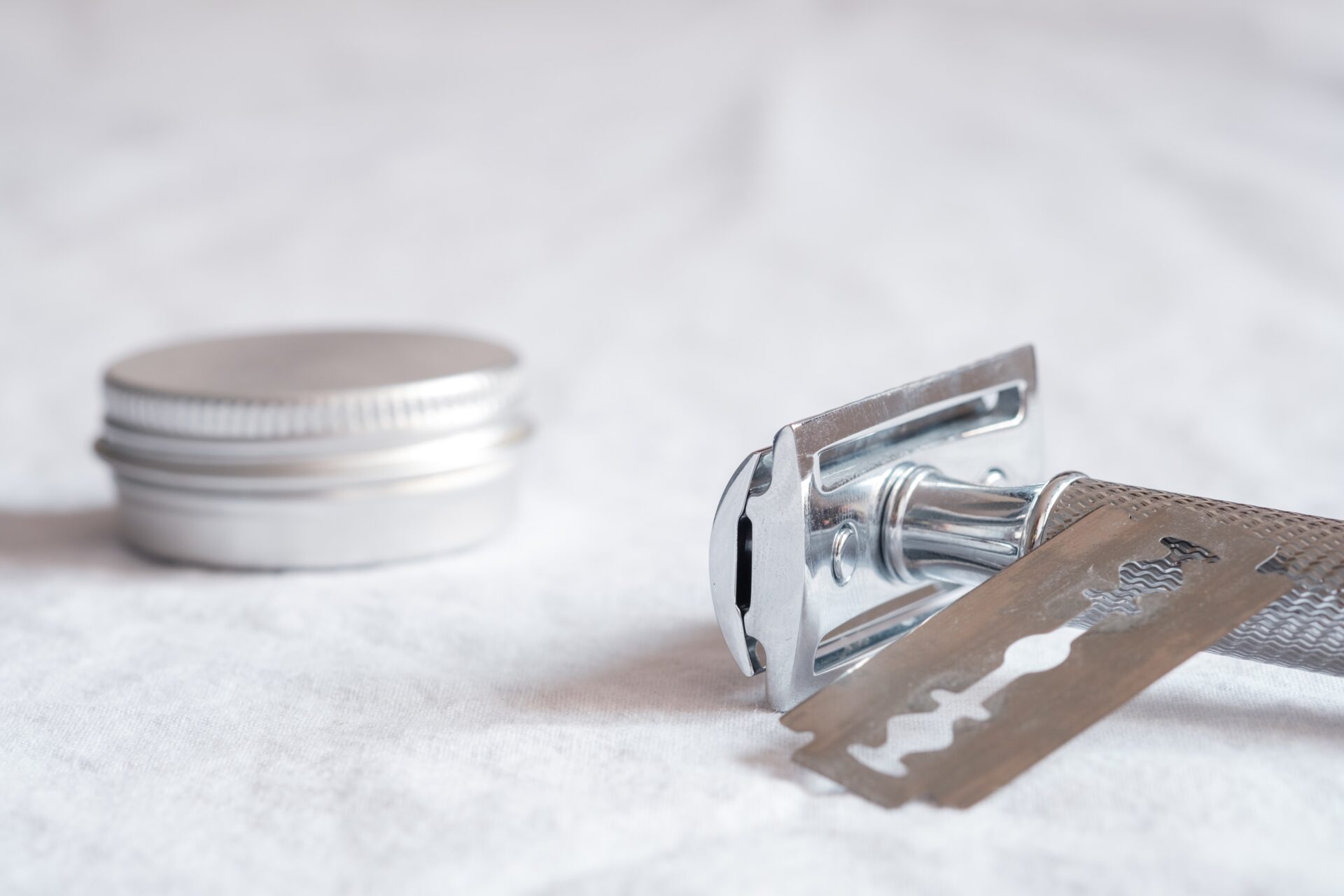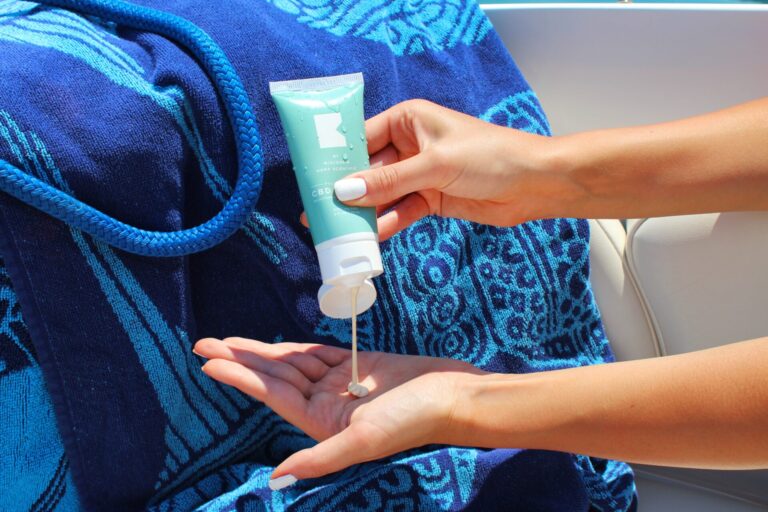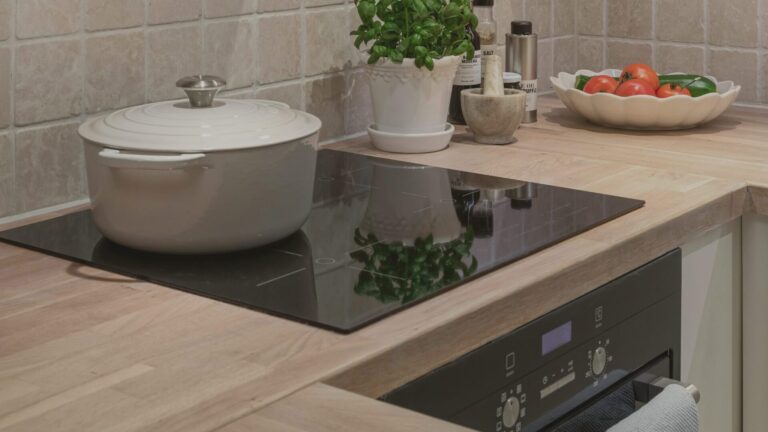Living sustainably in Japan doesn’t have to break the bank. By replacing everyday disposable items with reusable alternatives, you can reduce waste and save money simultaneously. This guide shows you practical zero waste swaps perfect for Japan residents and eco-conscious travelers.
Why Zero Waste Living Makes Financial Sense
Disposables cost more than you think. Take plastic wrap—a common household item in Japan. One roll costs about ¥380 and lasts a month. That’s ¥4,600 annually.
Reusable alternatives pay for themselves:
- Beeswax wraps: ¥2,600 (lasts 1-2 years)
- Silicone wraps: ¥600-1,500 (lasts several years)
Beyond savings, reducing disposables means fewer garbage bags and less environmental impact. Small changes create significant results over time.
Getting Started: Focus on High-Use Items
Start your zero waste journey by identifying disposable items you use daily. Morning coffee, lunch prep, cleaning routines—these moments offer the biggest impact opportunities.
Pro tip: Don’t replace everything at once. Switch to alternatives as current items run out. This approach is both economical and sustainable.
Essential Zero Waste Swaps for Daily Life
Drinks and Beverages
Replace: Plastic bottles and takeout cups Daily convenience store drinks and coffee shop visits add up quickly. A reusable bottle or tumbler eliminates both waste and expense.
Find sustainable water bottles
Replace: Disposable straws Skip plastic straws or choose reusable options in stainless steel, bamboo, or silicone. Many come with carrying cases for convenience.
Kitchen Essentials
Replace: Plastic wrap Beeswax wraps soften with hand warmth to seal containers perfectly. The natural beeswax scent provides a calming aromatherapy bonus.
Replace: Aluminum foil Silicone baking mats work repeatedly for oven cooking. Food doesn’t stick, cleanup is easy, and they double as pot holders.
Replace: Paper towels Old t-shirts make excellent cleaning rags. Cotton kitchen cloths absorb spills better than paper and handle machine washing.
Replace: Dish sponges Natural scrubbers, Biwako cloths, or dish brushes last much longer. Biwako cloths clean effectively without detergent—perfect for Japan’s eco-conscious culture.
Replace: Storage bags Silicone storage bags handle freezing to boiling temperatures. They’re sterilizable and eliminate the need for disposable zip-top bags.
Personal Care Items
Replace: Coffee filters French presses, espresso machines, or metal filter drippers brew excellent coffee without paper waste. Many Japanese coffee shops use these methods.
Replace: Plastic toothbrushes Bamboo toothbrushes feature biodegradable handles while maintaining familiar brush quality. Replace every three months as usual.
Replace: Liquid shampoo bottles Solid shampoo bars reduce plastic packaging dramatically. Available in varieties for different hair types, they lather well and travel easily.
Replace: Cleansing wipes Convenient disposable cleansing sheets for makeup removal. Microfiber cleansing cloths can remove makeup with just water in some cases. They can be washed and reused repeatedly, reducing waste.
Replace: Disposable razors Safety razors with replaceable blades use handles for years while only discarding small metal blades. Popular in traditional Japanese grooming.
Cleaning and Organization
Replace: Floor wiper sheets Microfiber cloths attach to existing floor wipers and clean just as effectively. Machine washable and long-lasting.
Replace: Lint rollers (“korokoro”) Clothes brushes with natural bristles remove lint without adhesive tape. They won’t create static or damage fabrics.
Replace: Gift wrapping supplies Furoshiki—traditional Japanese wrapping cloths—create beautiful, reusable gift presentations. Recipients get both a gift and a useful item.
Miscellaneous Swaps
Replace: Disposable lighters Rechargeable electric lighters offer better safety and wind resistance. Ideal for candles and outdoor activities.
Replace: Disposable batteries Rechargeable batteries require initial investment but provide long-term savings. Essential for electronics-heavy Japanese households.
Replace: Disposable Menstrual Products Instead of disposable pads and tampons that create monthly waste, washable cloth pads and menstrual cups can be reused many times, reducing waste. While there’s an initial cost, they’re economical in the long run.
Find zero waste menstrual products
Making Zero Waste Sustainable
Start Small and Build Gradually
Perfect zero waste living isn’t the goal—progress is. Begin with one or two easy swaps that interest you most. As these become habits, gradually expand your sustainable practices.
Use up existing disposables before switching. This approach eliminates waste and spreads costs over time.
Choose Attractive, Functional Designs
Sustainable living works best when you enjoy your eco-friendly items. Japan offers many beautifully designed zero waste products that complement modern lifestyles.
Look for:
- Colorful silicone wraps that brighten kitchens
- Elegant beeswax wraps with natural patterns
- Stylish stainless steel straws for daily use
- Furoshiki cloths with traditional Japanese designs
Attractive eco-friendly items make excellent gifts, introducing friends and family to sustainable practices.
Your Path to Sustainable Living in Japan
Zero waste living combines financial benefits with environmental responsibility. Small daily choices accumulate into significant annual savings and reduced waste.
Success comes from starting manageable and choosing what works for your lifestyle. Whether you’re visiting Japan or calling it home, these sustainable swaps create positive change without sacrificing convenience.
Begin today by examining the disposable items around you. Every small step toward zero waste living builds a richer, more sustainable future.









































